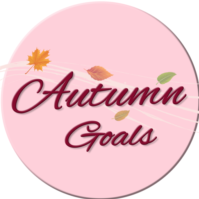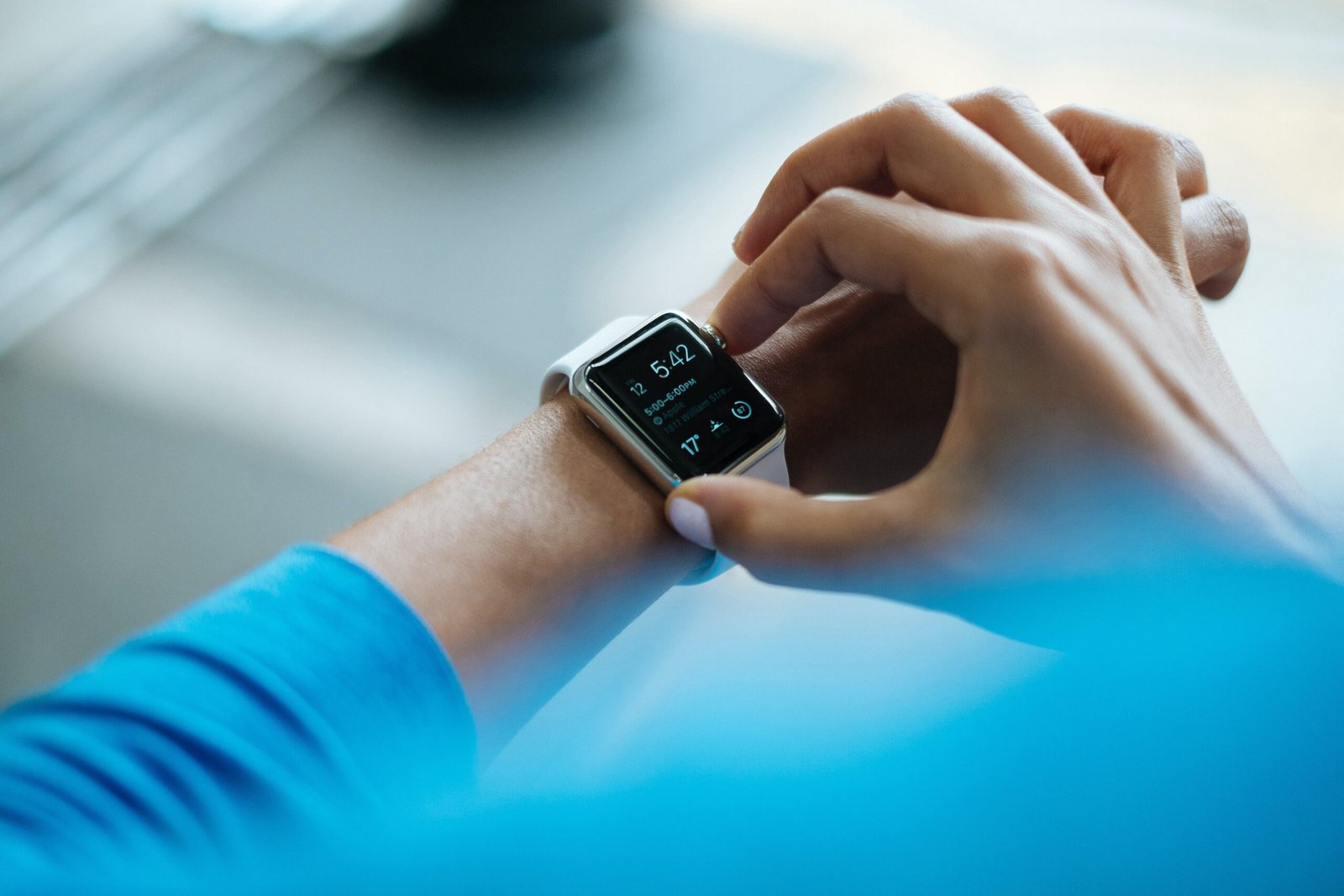
Self-reflections Photo by Kelly Sikkema on Unsplash
Self-reflection is a powerful practice that allows us to examine our thoughts, feelings, and behaviours to gain deeper insights into who we are and how we interact with the world. In the rush and hype of our fast-paced lives, taking the time to reflect on our experiences can seem like a luxury. However, self-reflection is essential for personal growth, goal setting, and self-improvement. This article explores the importance of self-reflection, how to incorporate it into your daily routine, and the profound benefits it can bring to your life.
What is Self-Reflection?
Self-reflection is the process of introspection, where individuals take a step back to analyse their thoughts, emotions, and actions. It involves asking oneself questions to gain clarity and understanding of one’s experiences. Through self-reflection, we can identify patterns in our behaviour, recognize our strengths and weaknesses, and make more informed decisions.
As renowned personal development coach Tony Robbins says, “Setting goals is the first step in turning the invisible into the visible.” Self-reflection is the foundation of this process, allowing us to set meaningful goals and create actionable plans to achieve them – once we understand who we are and what our values are.
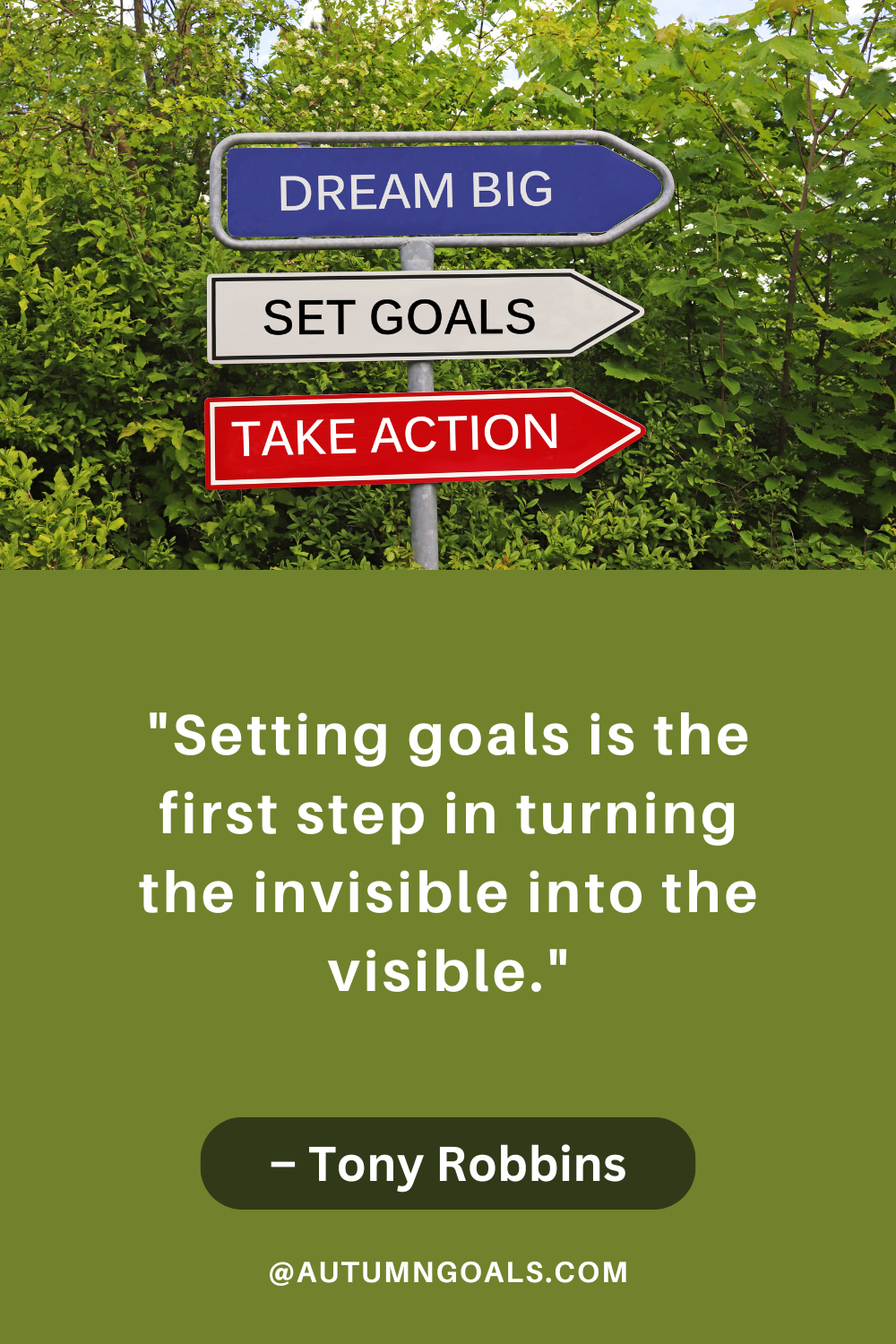
The Importance of Self-Reflection in Personal Development
Enhancing Self-Awareness
Self-awareness is the cornerstone of personal development. By regularly engaging in self-reflection, we become more attuned to our thoughts, emotions, and behaviours. This heightened awareness helps us understand our motivations and triggers, leading to better self-control and emotional regulation.
As Eckhart Tolle, author of “The Power of Now,” states, “Awareness is the greatest agent for change.” When we are aware of our inner world, we can make conscious choices that align with our true selves, fostering growth and transformation.

Identifying Strengths and Weaknesses
Through self-reflection, we can objectively evaluate our strengths and weaknesses. Recognizing our strengths allows us to leverage them in various aspects of our lives, while acknowledging our weaknesses gives us the opportunity to work on them and improve.
According to Stephen R. Covey, author of “The 7 Habits of Highly Effective People,” “The key is not to prioritize what’s on your schedule, but to schedule your priorities.” Self-reflection helps us prioritize our personal development by focusing on areas that need attention and growth.
Setting and Achieving Goals
Effective goal setting requires a clear understanding of our desires and aspirations. Self-reflection provides the clarity needed to set realistic and meaningful goals. By reflecting on our past experiences and learning from them, we can create actionable plans that align with our values and vision.
Brian Tracy, a leading personal development coach, emphasizes, “Goals allow you to control the direction of change in your favour.” Regular self-reflection ensures that our goals remain relevant and aligned with our evolving selves.
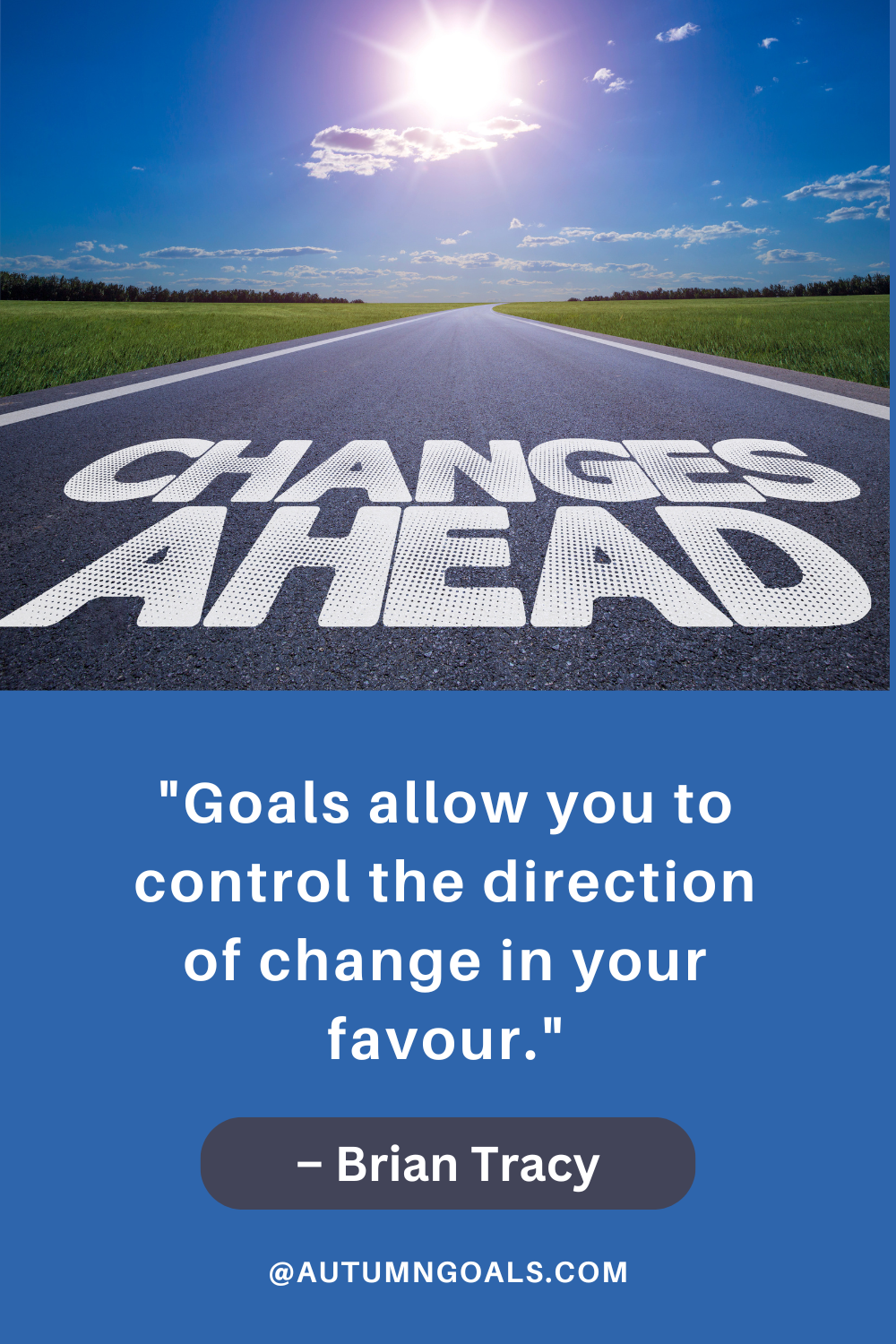
Improving Relationships
Self-reflection also plays an important role in improving our relationships with others. By examining our interactions and understanding our communication patterns, we can enhance our interpersonal skills and build stronger connections.
Oprah Winfrey, a renowned personal development figure, once said, “The more you praise and celebrate your life, the more there is in life to celebrate.” Reflecting on our relationships allows us to appreciate the positive aspects and address any areas of conflict, fostering healthier and more fulfilling connections.
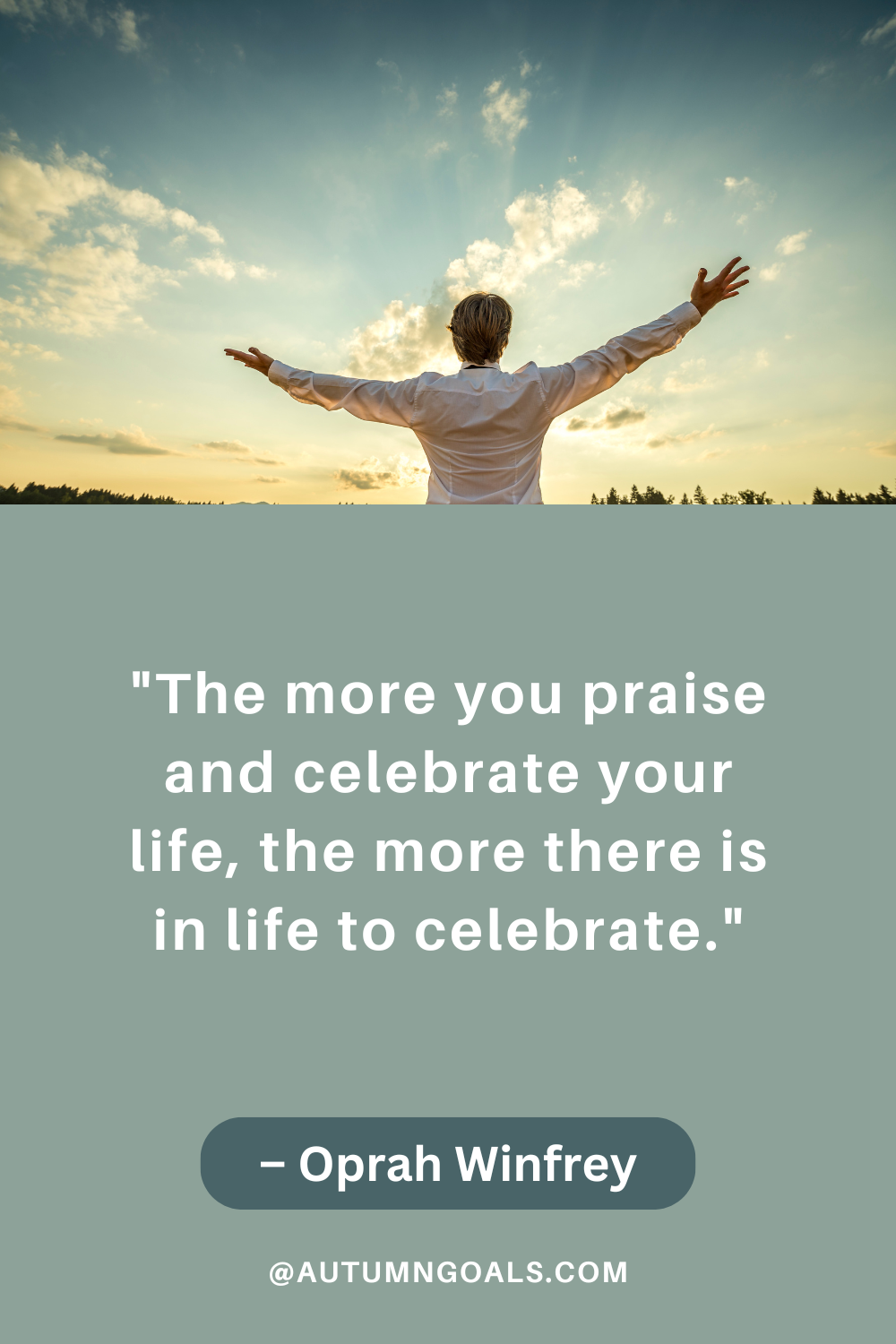
Practical Ways to Incorporate Self-Reflection into Your Routine
Journaling
Journaling is one of the most effective methods of self-reflection. By writing down our thoughts and experiences, we can gain clarity and perspective. Journaling helps us track our progress, identify patterns, and express our emotions in a safe and constructive manner.
Meditation
Meditation is another powerful tool for self-reflection. By quieting the mind and focusing inward, we can observe our thoughts without judgment. Regular meditation practice enhances self-awareness and allows us to connect with our inner selves on a deeper level.
Asking Reflective Questions
Asking yourself reflective questions can guide your introspection process. Questions such as “What did I learn today?”, “How did I handle challenges?”, and “What can I do better tomorrow?” encourage thoughtful analysis and continuous improvement.
Seeking Feedback
Receiving feedback from trusted friends, family, or mentors can provide valuable insights into our behaviour and areas for growth. Constructive feedback helps us see ourselves from different perspectives and make informed changes.
Creating a Reflection Routine
Consistency is key to effective self-reflection. Establish a routine that works for you, whether it’s daily, weekly, or monthly. Set aside dedicated time to reflect on your experiences, goals, and personal development journey.
Personal note – I find that the easiest time to do this reflection is at the end of the day before sleep.
The Benefits of Self-Reflection
Increased Emotional Intelligence
Self-reflection enhances emotional intelligence by improving our ability to recognize and manage our emotions. This leads to better decision-making, improved relationships, and greater overall well-being.
Enhanced Problem-Solving Skills
By analysing our experiences and learning from them, we can develop better problem-solving skills. Self-reflection encourages us to think critically and creatively, enabling us to find effective solutions to challenges.
Greater Resilience
Regular self-reflection helps us build resilience by fostering a growth mindset. When we view challenges as opportunities for learning and growth, we become more adaptable and better equipped to handle adversity.
Personal Growth and Fulfilment
Ultimately, self-reflection leads to personal growth and a greater sense of fulfilment. By understanding ourselves better and making conscious choices, we can live more authentic and purposeful lives.
Self-reflection makes you self-aware
Self-reflection is a transformative practice that plays an important role in personal development and self-improvement. By enhancing self-awareness, identifying strengths and weaknesses, setting and achieving goals, and improving relationships, self-reflection empowers us to live more fulfilling lives.
As we journey towards personal growth, let us remember the words of Socrates: “The unexamined life is not worth living.” Embrace the power of self-reflection and unlock your true potential.

RELATED POSTS
View all
